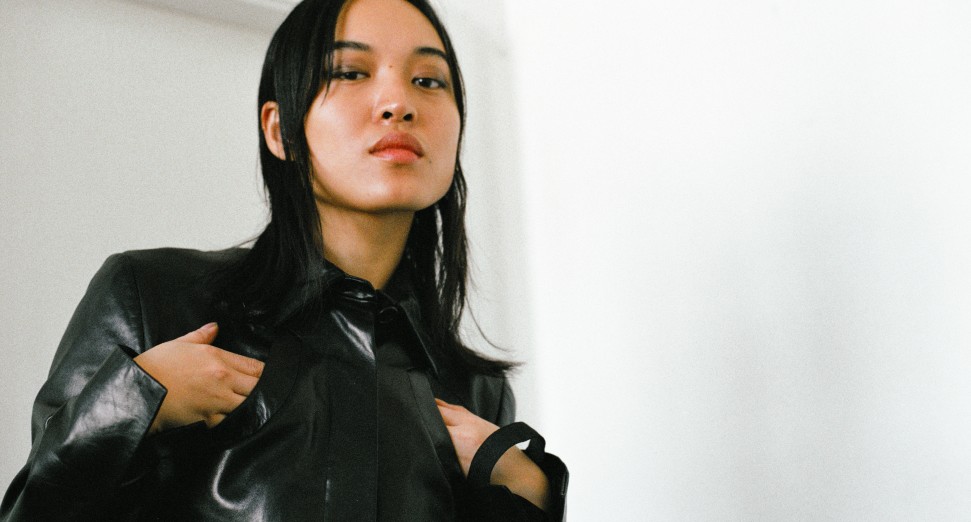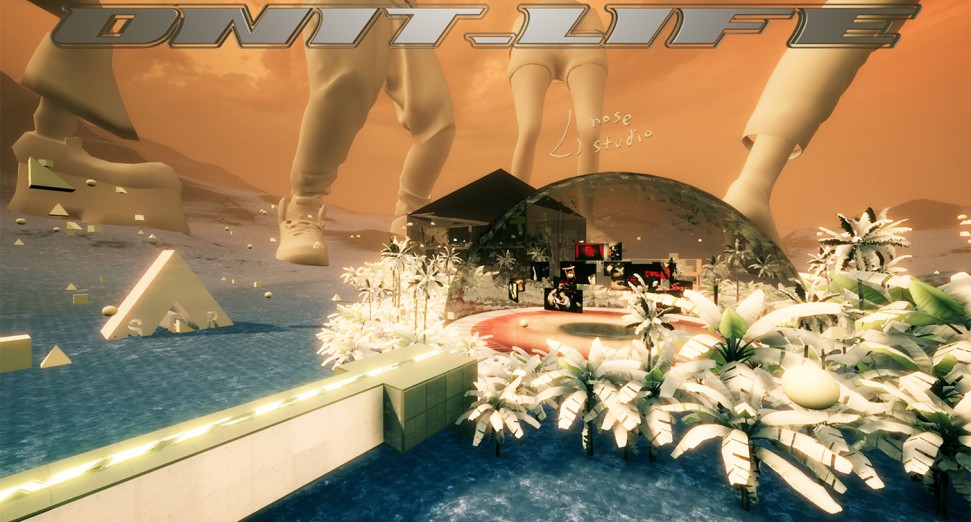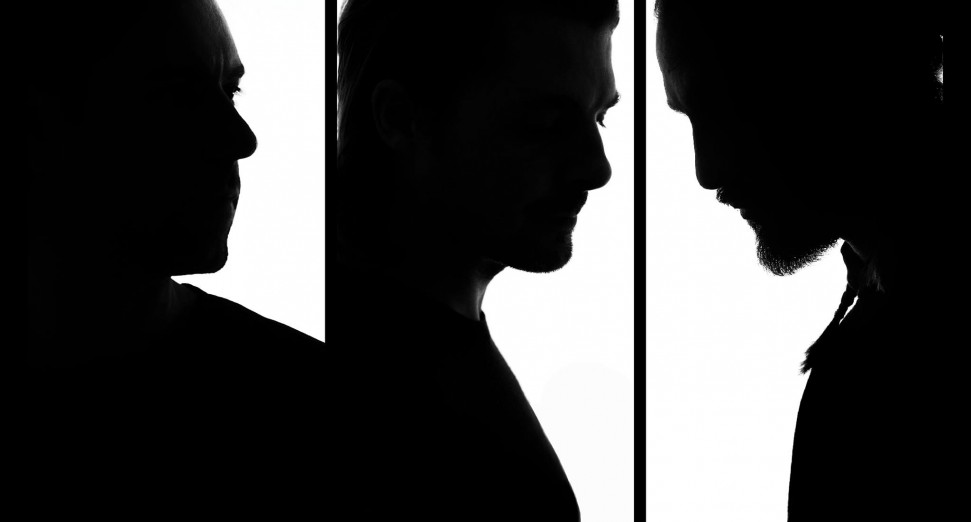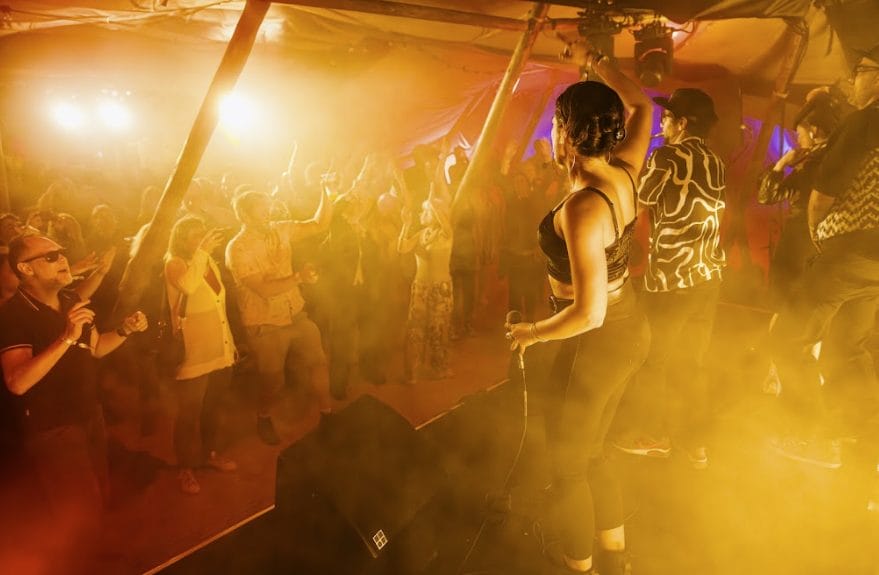
The World’s Largest Music and Philosophy Festival Lands in London
Img Credits Andrew Whitton
This September, HowTheLightGetsIn returns to Hampstead Heath with its signature blend of philosophy, debate, and music. Billed as the world’s largest music and philosophy festival, it runs September 20–21, 2025, with a program that spans headline talks, intimate discussions, and live performances across multiple stages. This year’s music line-up brings together electronic pioneers The Orb, the energy of Deptford Northern Soul Club, and rising UK artists like Rae Morris, Ben Cipolla, Alice Faye, and Preen, making it one of the most diverse editions yet.
What sets the festival apart is its insistence that philosophy belongs outside of the academy. By pairing world-leading thinkers with a wide-ranging music program, HowTheLightGetsIn creates an atmosphere that’s accessible, collaborative, and unpretentious. For attendees, it’s as much about dancing to new music as it is about questioning the nature of existence, with both elements feeding into each other. Discounts for students and under-25s also keep the focus on discovery and inclusivity, ensuring the next generation of musicians and thinkers can participate.
To understand the vision behind the festival, we spoke with its founder about why he created it, how music changes the way philosophy is experienced, and what role events like this can play in today’s culture. His answers reflect not only the roots of the event but also the future it’s building—one where philosophy and music sit side by side, shaping conversations that matter.
What was the original spark that led you to create HowTheLightGetsIn?
Well, I’ve had a career as a philosopher, and one of the things that struck me was how philosophy is often seen as a bit of a joke in contemporary culture. People tend to think it’s either full of obscure concepts they won’t understand or that it has no real relevance to everyday life.
That struck me as ridiculous, given that, in some sense, we’re all philosophers. We’re all trying to make sense of this strange thing called being alive, and we have no choice in the matter. Most people have a go at that in some way or another. So the idea that philosophy had become a technical discipline beyond public understanding seemed completely wrong.
Why do you think events that combine philosophy and music are vital for today’s cultural landscape?
The thing about bringing music into the mix is that if you just have a series of talks and debates, it can become quite status-driven. There’s a risk that speakers are elevated as figures of authority, which can create a sense of distance. But when you have music running alongside the philosophy, it softens everything.
It makes the event feel more accessible. People relax, they talk more freely. It removes that pompous edge. If you’re listening to a debate about, say, string theory, and there’s music drifting in—it brings everyone down to earth. It levels the playing field. And that’s really valuable.
How does the festival help bridge the gap between academic ideas and everyday life?
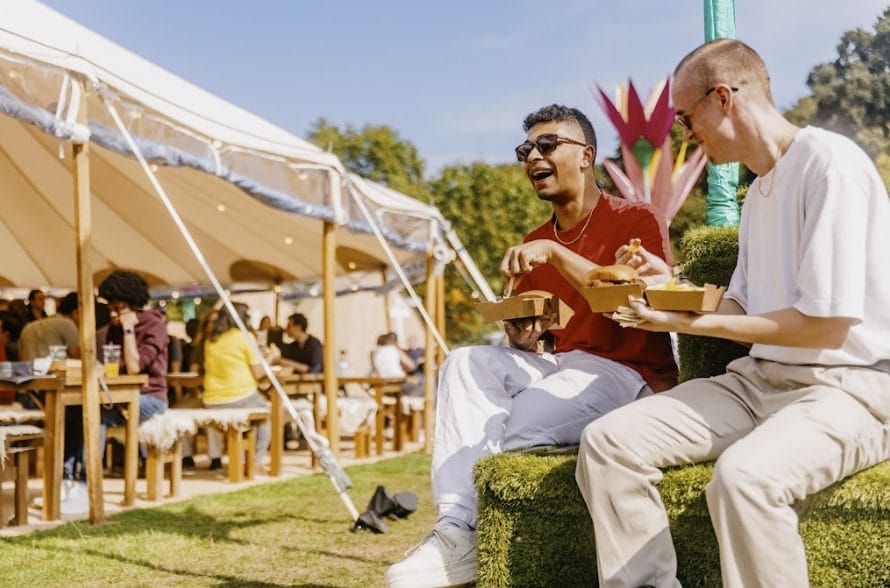
That’s a great question. I wouldn’t say we’re trying to take difficult academic ideas and simplify them for the public. That’s not really what HowTheLightGetsIn is about. What we are doing is addressing the big ideas that affect us all, fearlessly.
Some events you attend might cover topics you’re unfamiliar with, so you listen and learn. But it’s not about dumbing things down. Instead, we want to talk about the real questions: what it means to be human, the challenges we face, and the ideas that shape our world. When you hear leading thinkers debate and even disagree, you get a real sense of what’s at stake. That’s what makes it exciting—it’s the real thing.
In a time of global division, how can philosophy—especially when paired with music—foster a sense of common ground?
We don’t set out with the goal of creating common ground in the way a religious sect might try to unify people under one idea. What we’re doing is exploring what it means to be human—and *that* is something we all share. Sometimes that leads to disagreement, of course.
But we’re all engaged in the same mystery: being alive. That’s a pretty solid foundation for common ground. We’re open to different ideas. We don’t impose a single frame or viewpoint. We’re just exploring the strangeness of life—and that creates an atmosphere that’s both open and meaningful.
How do you cater to audiences who might come primarily for the music but leave with a deeper interest in ideas?
It’s absolutely possible to come to *HowTheLightGetsIn* just for the music, to enjoy the sunshine, have a few drinks, and soak it all in. That’s part of the joy of the festival. ,But I think it’s almost impossible to come and *not* find a series of talks or debates that capture your interest.
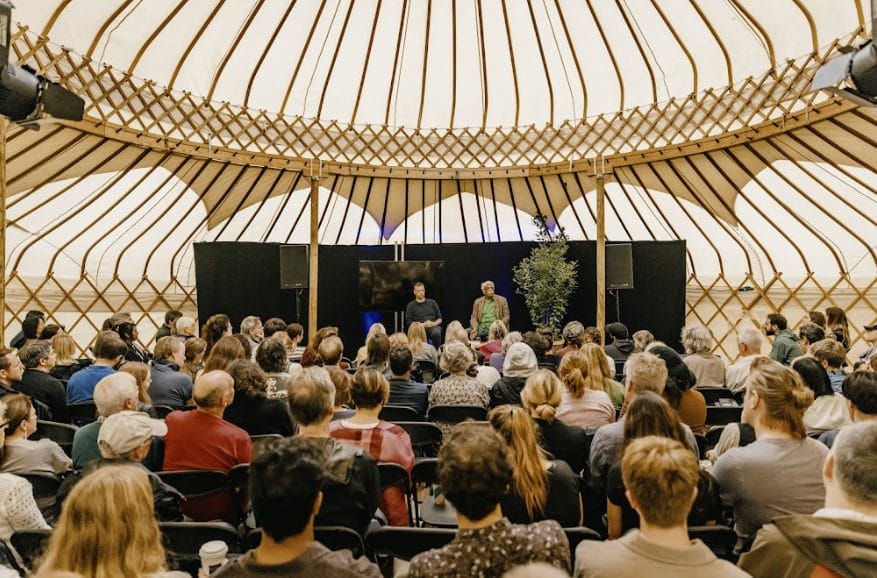
The range is so broad—politics, science, technology, philosophy, spirituality, even sensory experiences like taste and perception. There’s something for everyone. Aditionally, the way the festival is set up makes it very easy to dip in and out. That openness really helps draw people into ideas they might not have otherwise explored.
What’s your vision for HowTheLightGetsIn in the next decade?
Over the next decade, my hope is that HowTheLightGetsIn continues to be a place where those new perspectives can flourish. A space where the boundaries between disciplines are blurred, where philosophy is in conversation not just with politics and science, but with art, music, and everyday experience.
If we can continue to open up that space—to more people, with more voices and ideas—then I think we’ll be doing something truly valuable.

